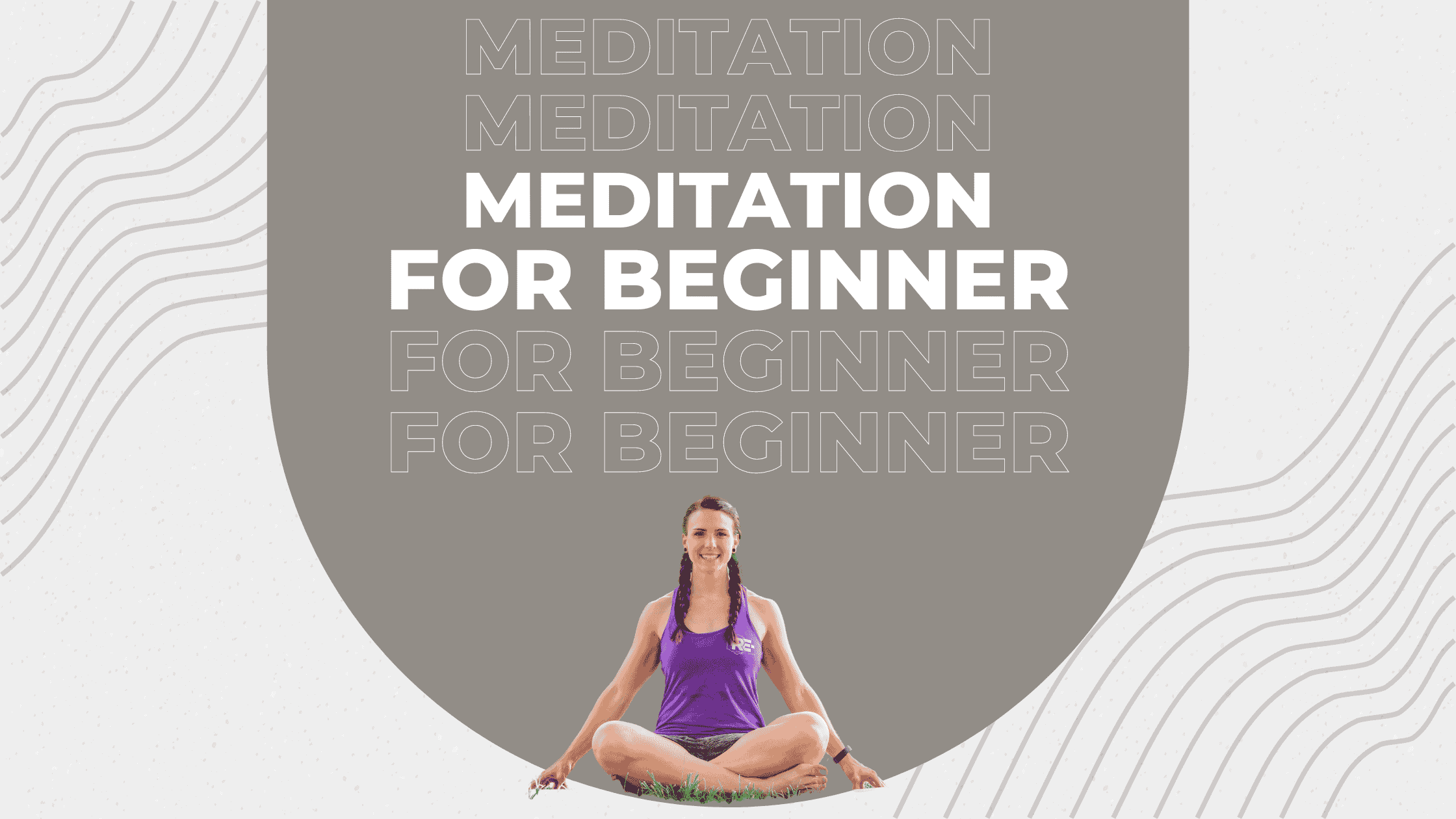
Meditation for Beginners: Getting Started with Meditating
It’s no secret that many people are discovering the benefits of meditation. A report from 2018 showed that about 5% of Americans had some kind of meditative practice, up from less than one percent just five years before. And those numbers have only increased after the Covid pandemic trapped us inside, searching for new activities. Now, more people than ever are experimenting with meditation. In this post, we’ll look at a few helpful tips for beginners who want to get started with meditation.
What is Meditation?
Before we get too deep into the weeds here, we can take a look at the big picture. First of all: what is meditation, exactly? This section will explore two of today’s most popular forms of meditation.
Mindfulness Meditation
Several different types of meditation exist today. For example, one of the most popular is known as mindfulness meditation. During mindful meditation, a practitioner pays attention to their breath moving in and out of their lungs. Try to banish any external or invasive thoughts, like wondering if you forgot to turn the oven off or hearing that song stuck in your head for the hundredth time. Instead, try to anchor yourself to the present moment and observe and experience the world around you.
This may sound like a relatively simple practice to the uninitiated. After all, you’re just focusing on your breathing. How hard can that possibly be? But it actually takes more effort and focus than a newbie may expect. But if you keep practicing at mindfulness meditation, it’ll start to come more naturally. Just remember, keep coming back to your breath or whichever element you’re purposely focusing on.
What is Somatic Breathwork?
Somatic breathwork is a specific kind of meditation that’s experienced a surge of popularity recently. Basically, it’s a type of two-part contemplative breathing meditation derived from yogic practices, known as a “pranayama.” The breathing portion consists of taking long, deep breaths in and out without pausing. This part of the exercise works to identify spots where the breather has become “stuck.” By identifying these places, they can release them.
Somatic breathwork has gained popularity partially because of its ability to help release trauma. We build up trauma throughout our lives, which can affect our daily life. This trauma can trigger problems like depression, anxiety, and even PTSD. What’s worse, we may not consciously remember particularly traumatic moments. Somatic breathwork can be a tool for those suffering from this trauma to regain control of their lives. If you would like to try a 1:1 session, Amanda does the in person (Austin, TX) or online!
Benefits of Meditation
Many people are quick to dismiss meditation as hippy mumbo-jumbo. But that’s an entirely undeserved reputation. In fact, researchers have proven that meditation can have a variety of benefits for those that practice it. They include:
Lengthening Attention Span
After being locked inside for so long over the pandemic, many of us found ourselves with goldfish-level attention spans. But that’s not how life has to be! Multiple studies have shown that those who develop meditation practices generally have better attention spans than those who don’t. On top of that, meditation may even be able to break brain habits like daydreaming and “spacing out.”
Improving Emotional Health
The results here are pretty conclusive. Certain types of meditation improve feelings of self-worth and help instill a positive life outlook. One study with more than 3,500 participants showed that adults who practiced mindful meditation experienced fewer symptoms of depression. Nearly 20 other studies have confirmed this data, comparing those who practice meditation with control groups. Meditation can even affect how your brain works on a molecular level. It can help reduce the number of inflammatory chemicals called cytokines in your bloodstream. Cytokines have been linked to adverse mental health outcomes, like depression.
Boosting Self-Awareness
One of the most significant benefits of meditation is gaining a better understanding of yourself. This, in turn, allows you to take an honest look at who you are and improve upon the groundwork you’ve laid for yourself. One study looked at adults who practiced mindful meditation for 2 weeks. Results showed that over 150 participants demonstrated reduced loneliness and heightened social contact compared to a control group.
Reducing Stress and Anxiety
One of the biggest benefits of meditation is reducing feelings of stress and anxiety. Multiple studies looking at thousands of participants suggest that you can help control stress through meditation. What’s more, this effect seems to be even more pronounced the more stressed or anxious someone is in the first place. And remember those pesky inflammatory chemicals known as cytokines that we mentioned earlier? They’re also connected with anxiety. That means using meditation to reduce cytokines can control anxiety and depression in one fell swoop.
Let Amanda Witters Guide Your Introduction to Meditation and Somatic Breathwork
Are you interested in developing your own meditative practice but unsure where to start? Let Relive Everyday founder and life coach Amanda Witters guide your first foray into meditation. Amanda is a mindfulness meditation practitioner and trained in the Somatic Release branch of somatic breathwork. Her own life experiences have led her down a path to creating her own meditative practice, and now, she can help share it with you. To learn more, check out Amanda’s page on coaching.